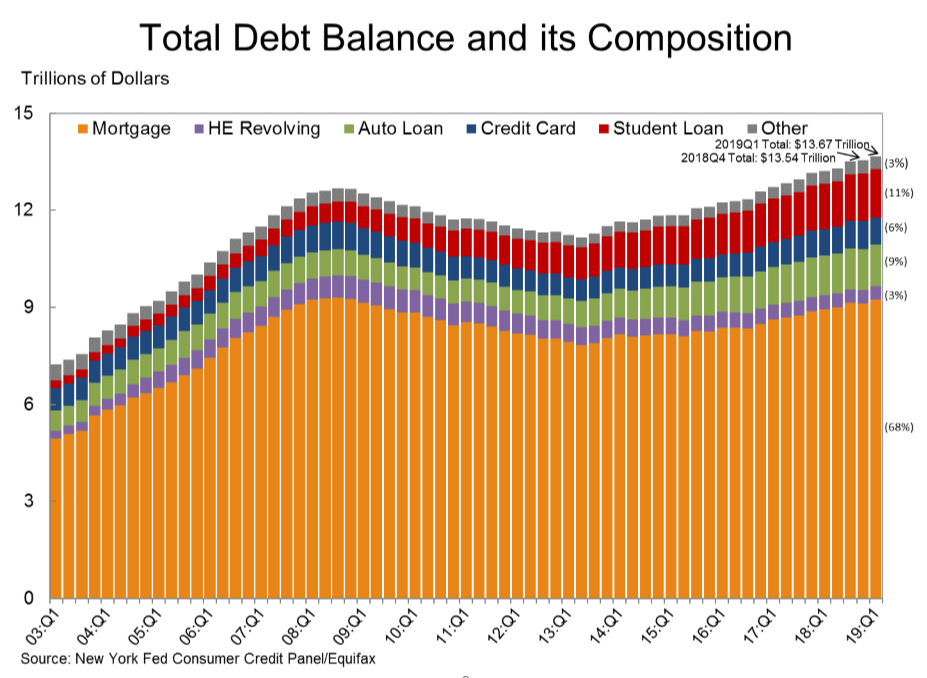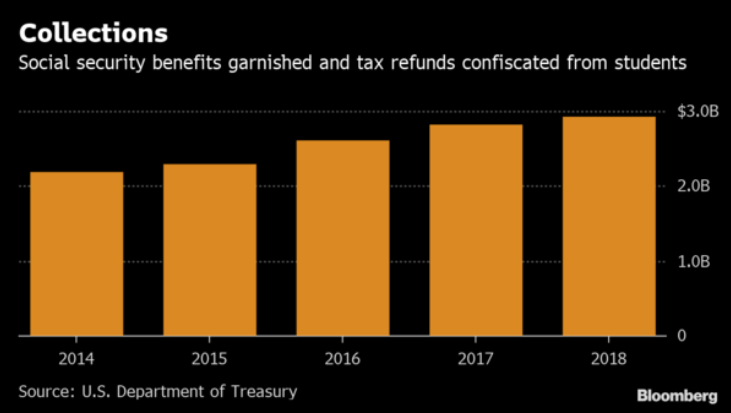Alexandria, Va. — The ABI Task Force on Veterans and Servicemembers Affairs launched veterans.abi.org to provide updates and information on initiatives and activities to assist debt-burdened veterans and servicemembers. The Task Force aims to unite and deploy the expert resources within ABI to understand, respond to and coordinate with other institutions and organizations to educate, remediate and prevent adverse debt concerns and impacts on veterans and servicemembers. The new website provides information about Task Force members, as well as projects and activities to assist financially struggling veterans and servicemembers. Specific sections include:
- Committees: Learn about the five committees — Pro Bono, Legislation, Financial Education, Outreach and Tribal — that support the Task Force’s efforts.
- Twitter Feed: Follow @VetAffairsTF to get the latest Task Force news and information via Twitter.
- Members: Learn more about the professionals, including its members who are veterans and those who are active or retired servicemembers, volunteering to help financially struggling servicemembers.
- Podcasts: Listen to the podcasts on the formation of the Task Force, how to get involved, and why the Task Force is providing Congress with information regarding the HAVEN Act of 2019.
- Press: Read articles and news reports about Task Force activities.
Be sure to bookmark the website for ABI’s Task Force on Veterans and Servicemembers Affairs to get the latest news, information and activities of the Task Force as it advances its mission of addressing problems specific to financially struggling veterans and servicemembers. You can also follow as the Task Force adds resources to assist veterans and servicemembers facing financial difficulties.
Members of the press looking to speak to a member of the Task Force regarding the Task Force’s efforts should contact ABI Public Affairs Manager John Hartgen at 703-894-5935 or jhartgen@abiworld.org.
###
ABI is the largest multi-disciplinary, nonpartisan organization dedicated to research and education on matters related to insolvency. ABI was founded in 1982 to provide Congress and the public with unbiased analysis of bankruptcy issues. The ABI membership includes nearly 11,000 attorneys, accountants, bankers, judges, professors, lenders, turnaround specialists and other bankruptcy professionals, providing a forum for the exchange of ideas and information. For additional information on ABI, visit www.abiworld.org. For additional conference information, visit http://www.abi.org/calendar-of-events.
Monday, May 13, 2019



